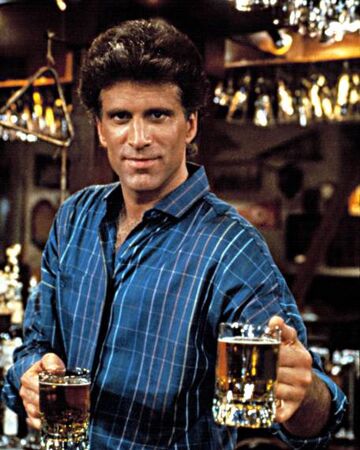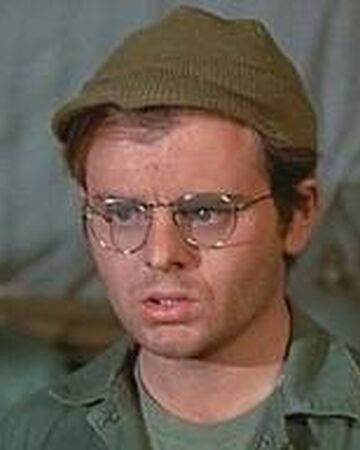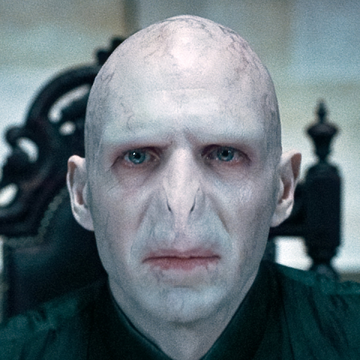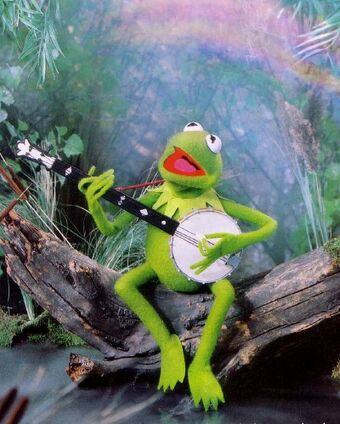Authors: David Keirsey and Marilyn Bates
 |
| via Amazon |
https://www.16personalities.com/free-personality-test
I also recommend reading the type descriptions on the site. Please share your result in the comments! I find this stuff fascinating.
Keirsey and Bates's survey of the MBTI types was first published in 1978. Their particular angle is relating the 16 types to Carl Jung's four temperaments. They classify the SPs (sensing-perceiving) as Dionysian. The SJs (sensing-judging) are Epimethean. The NTs (intuiting-thinking) are Promethean. The NFs (intuiting-feeling), like me, are Apollonian. More of the book is devoted to delineating between these four temperaments than the 16 types, though each of those is afforded its due in the appendix.
The book is excellent, though dated. The sex and gender politics reflect a very different era. The working woman was not yet a normalized concept and the possibility of homosexuality not even considered. The text also deals in absolutes and, of course, real people are a lot more complicated than that. All of that acknowledged, I found the material quite insightful.
A quick rundown of the four dichotomies measured by the MBTI:
Extroverted vs. Introverted
Sensing vs. iNtuiting
Feeling vs. Thinking
Judging vs. Perceiving
To add to my own personal context, I asked everyone in my life to share their types. I sent out solicitous emails and also posted on Facebook. The responses were fascinating. Additionally, I looked into those who have assigned types to characters within various fictional universes, specifically Star Wars, Star Trek, Harry Potter, Cheers, M*A*S*H and the Muppets.
A modest sampling of my findings:
SPs, the Dionysians, those who love freedom
 |
| via Cheers Wiki |
ESTP: Han Solo, Sam Malone
ISFP: my best friend, Hagrid
ESFP: Will Riker, Maxwell Klinger
SJs, the Epimetheans, those devoted to duty
 |
| via The Monster M*A*S*H Wiki |
ESTJ: Darth Vader, Carla Tortelli
ISFJ: Worf, C-3PO, Radar O'Reilly
ESFJ: my father, Dr. McCoy
NTs, the Prometheans, those who seek power
 |
| via Wikipedia |
ENTP: my daughter, Dr. Crusher, R2-D2
INTJ: Jean-Luc Picard, Draco Malfoy
ENTJ: Leia Organa, Miss Piggy, Lord Voldemort
NFs, the Apollonians, those who strive for self-actualization
 |
| via Muppet Wiki |
ENFJ: Diane Chambers, Albus Dumbledore
INFP: my wife, Luke Skywalker, Kermit
ENFP: my sister, James Kirk, Hawkeye Pierce, Animal
My most interesting discovery in the fictional world was that I could see the types most clearly in M*A*S*H. I'm sure it helped that we'd recently binged the show as a family but I also think the series is particularly rich in clearly drawn and differentiated characters. In my personal life, I was initially surprised to find the prevalence of NTs and especially NFs. We are in the minority in terms of the broader population. However, it was less surprising once I learned the NTs and NFs are more likely to go to college. I expect they're also more likely to spend time on social media and more likely to answer personal, probing questions from me.
My biggest surprise, though, was the importance of SFJs in my life, both E and I. I don't know so many of them but nearly all whom I do know have played meaningful roles in my personal history - even comparable roles. I'm sure this fact says more about me than it does about them. It says plenty about the sorts of people I've been drawn to, and even those who have been drawn to me.
And yes, INFJ has me nailed perfectly. There are some interesting insights to share there, too. I was an INFP for years, or at least I thought I was. In reading the book's type descriptions, I'm not sure I was ever actually a P. In the past, I may have answered the questions as to how I wanted to be as opposed to how I actually am. Age has brought greater self-awareness. The only one of the four factors I'm close on is F/T. In fact, technically, I was INXJ according to the test in the book, meaning I was evenly split between the two. However, in the test linked above, I'm an F and I can say with confidence that's closer to who I am. Noneteless, the T tendencies are there and not insignificant to the broader picture that is me.
The Facebook thread got especially interesting. One friend asserted that Myers-Briggs is inherently racist and thus unfairly used in hiring practices. Poking around, there are strong arguments on both sides: it's racist and it's not. I'm not sure what I think yet. Obviously, I am fascinated by the types. However, I can see the capacity for misuse. Are the questions themselves culturally biased? I have to acknowledge that's worth examining. It depends on the particular test, of course, and there are plenty of different ones around.
The more important consideration, though, is how this sort of classification might be used. Does an employer go into a candidate search with the assumption that some types are better than others or better-suited to particular roles? Keirsey and Bates certainly devote plenty of material to the latter, if not the former. To the authors' credit, they imply rather that a variety of types within an organization is ideal. Also, the types do nothing to measure strengths or skills. Being extroverted, for instance, does not mean you have better social skills than an introvert. The differentiation merely identifies a preference in one's social interactions. One can certainly see how an employer who misinterprets the data could use it unreasonably - if not intentionally unfairly - in hiring decisions.
Before leaving this topic, let me make very clear that there is plenty of racial bias in hiring practices. That much is demonstrable fact. I'm just not convinced MBTI is part of the problem. I'm also not convinced it isn't.
Keirsey, who died in 2013, wrote several more books on the subject. I'm definitely interested in reading more.
So, what's your type? Do you think it describes you accurately? Do you think MBTI is inherently racist?
I'm not much for Myers-Briggs or any of the descendant tests. They are all behavior based, meaning that, over time, your type actually can change as your behaviors evolve or shift to fit different environments. My belief, though, is that actual personality, the core person, does not change, not without suffering some sort of trauma that causes a core shift.
ReplyDeleteFrom that perspective, I prefer the enneagram, which deals with core motivations, not behaviors. It is very rare for someone's enneagram type to change, unlike the MB.
On the enneagram spectrum, I am a One, the Perfectionist.
I have always been a One.
To give perspective, I am an introvert, very clearly.
However, in some environments, I would test on the MB as an extrovert, which is why I can't hold any confidence in the test.
But people do change, don't they? I have, or at least I see the world quite differently from how I used to, not due to any trauma but simply because I have learned. The better self-awareness I described in the post was a change, not necessarily to my base personality but certainly to my concepts. And those changes in people are interesting, aren't they? And in as much as they can be quantified at all, worth measuring?
DeleteI will concede that there isn't much in the way of scientific proof regarding MB but I still contend it's worth thinking about. Particularly as a teacher, I am constantly confronting the ways my students are different from me. What works for me won't necessarily work for them and there are reasons why. MB, at the very least, offers clues if not exactly answers. The same can be said with family, friends, colleagues, neighbors, etc.
I remember your enneagram spectrum posts. Looking back, it seems I came up as a Four, the Individualist: sensitive and introspective. That's certainly accurate. Expressive, dramatic, self-absorbed, temperamental. Ha! I'll own the third one. I'm not as sure about the others, at least relative to other people. Certainly expressive in some ways. It actually lines up pretty well with the NFs as described above: same drive for self-actualization.
I started a comment and it disappeared. If it shows up later, then please delete it. I took the test and already forgot my type. I've read articles about these personality tests that state they shouldn't be used by employers because they're unreliable. I've never had to take a test for a job, except a spelling test at newspapers. Interesting post although I don't have much faith in such tests.
DeleteLove,
Janie
Fair enough.
DeletePeople's behaviors change. Generally speaking, the core motivations never change, only how they are expressed. So with the Keirsey test or the MB, when your behaviors change to reflect a different environment or maturity or whatever, it can look like your personality has changed, when that is, in fact, not true.
DeleteThe enneagram deals with that by showing how your behaviors can shift when you're in a comfortable environment vs a stressful. The core motivations are still there, only how they are expressed has changed.
Hmm. I guess I need to learn more.
Delete